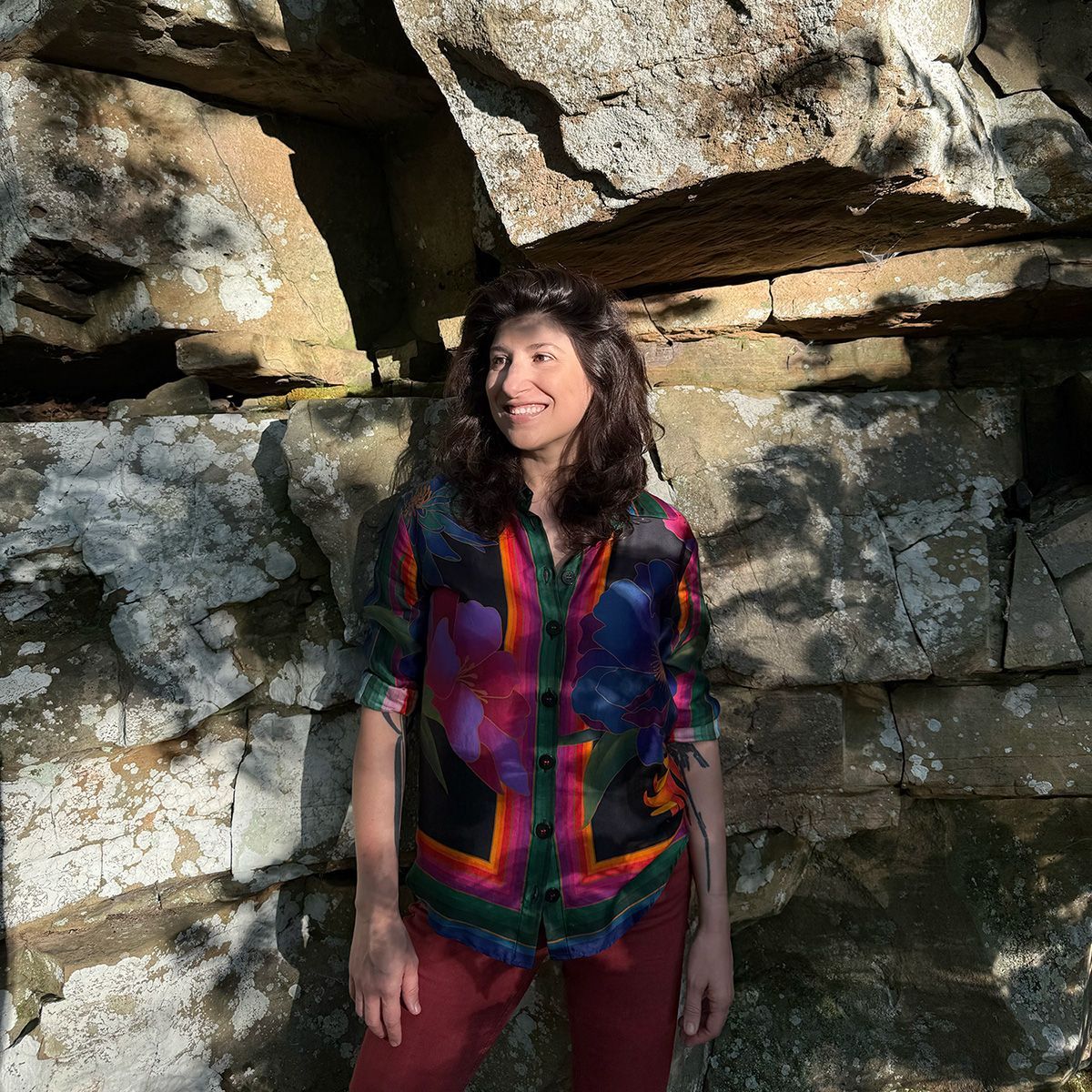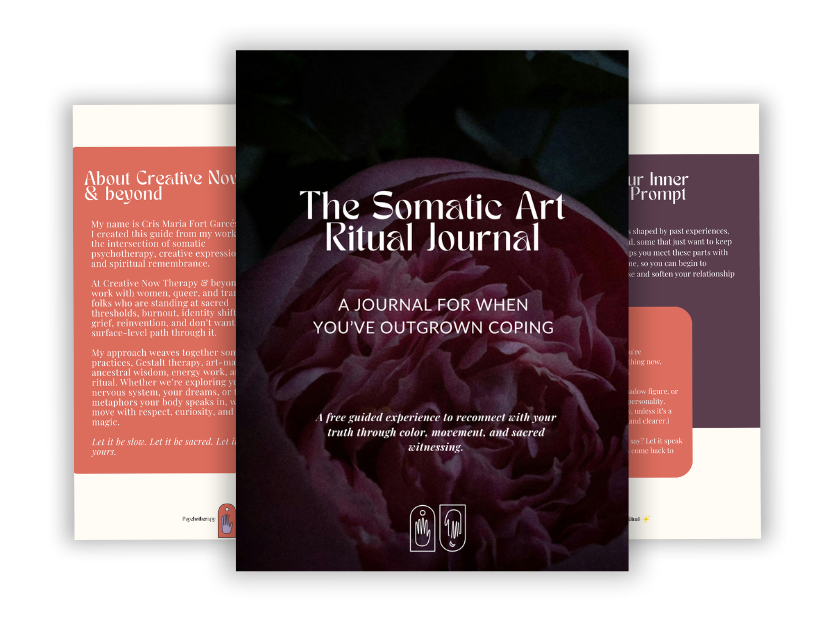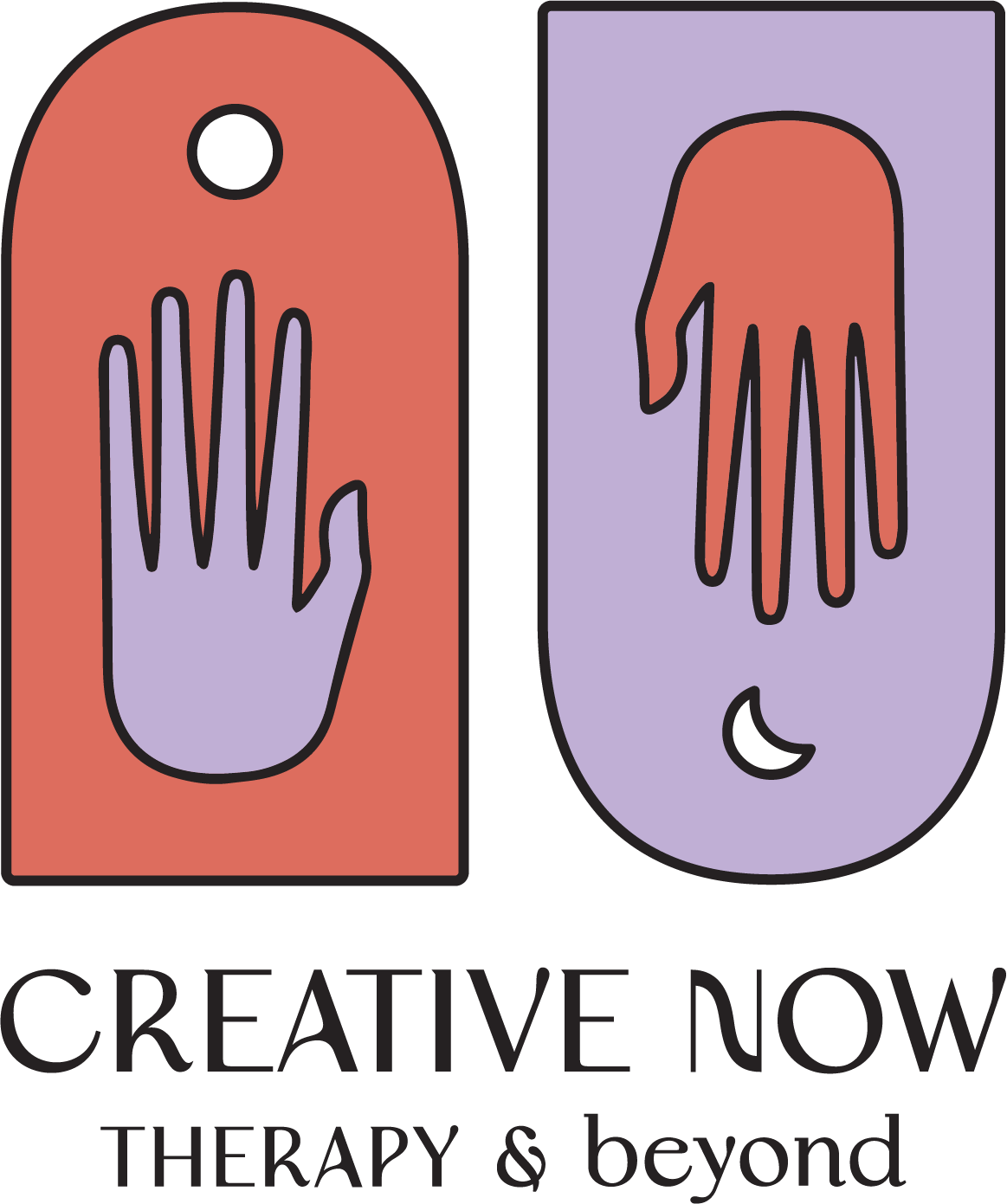Gestalt Therapy for Embodied Healing | Poughkeepsie & Nearby Areas
What is Gestalt therapy?
Gestalt therapy is a humanistic and experiential approach that focuses on the present moment, personal responsibility, and the connection between mind and body. Rather than just talking about your experiences, you're invited to re-experience them in real time through the therapeutic relationship. Together, we’ll explore emotions, patterns, and behaviors as they emerge, engaging in experiments that deepen your awareness. This helps you understand how past experiences influence your present and supports you in developing new, more adaptive ways of coping—fostering integration, growth, and wholeness.
Most common signs you might benefit from Gestalt therapy
You might feel drawn to Gestalt therapy if you:
- Feel stuck in old patterns or recurring conflicts.
- Struggle to express your feelings or needs.
- Want to improve communication and relationships.
- Experience a lack of self-confidence or direction.
- Seek a more embodied and mindful approach to therapy.
How do I know if I am ready for Gestalt therapy?
Ask yourself:
- Am I open to exploring my emotions and experiences in the present moment?
- Am I willing to take responsibility for my choices and actions?
- Do I want to experiment with new perspectives and behaviors?
- Can I commit to regular sessions for deeper progress?
How we approach Gestalt therapy in Poughkeepsie and nearby areas
In our sessions, we may use:
- Experiential exercises that bring awareness to your thoughts, emotions, and body sensations.
- Role-playing or dialogue techniques to explore different perspectives.
- Creative approaches include art, movement, and guided imagery.
- Mindfulness practices to anchor you in the present moment.
Each session is tailored to your needs, to increase self-awareness, emotional freedom, and authentic self-expression.
What topics can we explore in Gestalt therapy sessions?
- Relationship dynamics and communication patterns.
- Unresolved grief or unfinished emotional business.
- Self-esteem and identity issues.
- Managing stress, anxiety, or depression.
- Increasing presence and emotional regulation.
I am Cris Fort, a therapist with extensive experience in integrative approaches to emotional healing. Gestalt therapy is one of the core modalities I offer to help you increase self-awareness, improve relationships, and live more intentionally. My work combines professionalism with warmth, creating a space where you feel both supported and challenged to grow.
Tips and resources for getting the most out of Gestalt therapy
- Be willing to experiment with new perspectives and exercises.
- Keep a journal between sessions to track insights and emotional shifts.
- Practice mindfulness to deepen your self-awareness.
- Approach the process with curiosity and openness.

Hello, I’m Cris Maria Fort Garcés
Therapy & Beyond for Spiritual Beings. Clinically trained. Mystically tuned. Deeply human.

TWO PORTALS, ONE PATH TO WHOLENESS
Deep Healing for Your Body, Spirit, and Story
Creative Now Therapy offers two powerful pathways into this work, grounded in ritual, transformative tools, and methodologies designed to meet you wherever you are in your evolution.
Somatic Psychotherapy
Somatic, depth-oriented, and spiritually grounded therapy for therapists, healers, and space-holders in New York State, designed for when insight isn’t enough, and your nervous system and spirit are asking for true integration, not just more coping.
Energy Coaching: The Remembering
A sacred space for spiritual integration, combining ritual, energy work, and sacred tools to support deep transformation beyond talk therapy.
FAQ
Is Gestalt therapy scientifically proven?
Yes. Research supports Gestalt therapy as a practical approach for improving emotional regulation, self-awareness, and relationship satisfaction. While it may not be as widely studied as some other therapies, evidence shows it can be highly beneficial for various emotional and relational challenges.
What are the five layers of Gestalt therapy?
The five layers, described by Fritz Perls, include: the cliché layer, the role-playing or phony layer, the impasse layer, the implosive layer, and the explosive layer. Each represents a stage of self-discovery and deeper authenticity.
How can Gestalt therapy help with anxiety or depression?
By increasing awareness of the present moment and uncovering the underlying needs behind your symptoms, Gestalt therapy can help you break free from unhelpful patterns and develop healthier coping strategies.
Is Gestalt therapy suitable for couples or families?
Yes. Gestalt therapy can be adapted for couples or family sessions to improve communication, address unresolved conflicts, and strengthen emotional connection. Working together in the present moment helps reveal unspoken dynamics and opens space for more authentic relationships.
How long does it take to see results from Gestalt therapy?
Some clients notice shifts within a few sessions, while others benefit from longer-term work to fully integrate changes. The pace depends on your goals, readiness, and commitment to the process.
